Some children and young people with a
learning disability
 A learning disability is to do with the way someone's brain works. It makes it harder for someone to learn, understand or do things.
need more support than their setting can provide with the resources they have.
A learning disability is to do with the way someone's brain works. It makes it harder for someone to learn, understand or do things.
need more support than their setting can provide with the resources they have.
A setting could be a school or college or other educational setting.
For example, some schools need some extra help from specialists like speech and language therapists and educational psychologists.
Some of this extra support may be provided through an Education, Health and Care plan – sometimes called an EHCP or EHC plan - and funded by the
local authority
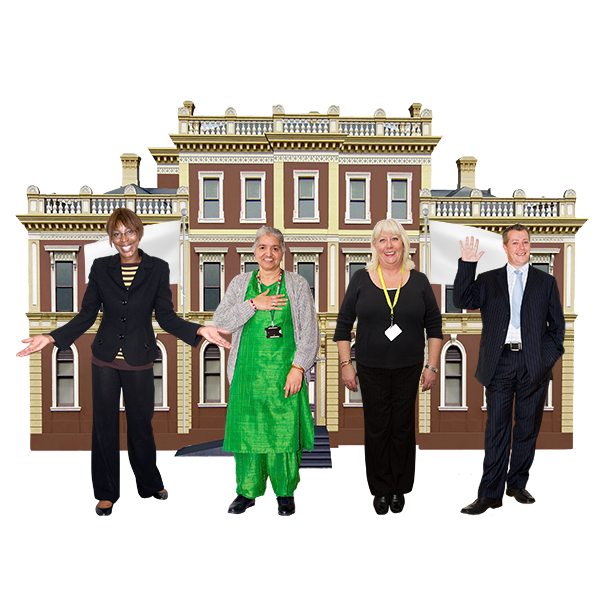 A local authority is also called a
council
A local authority is also called a
council
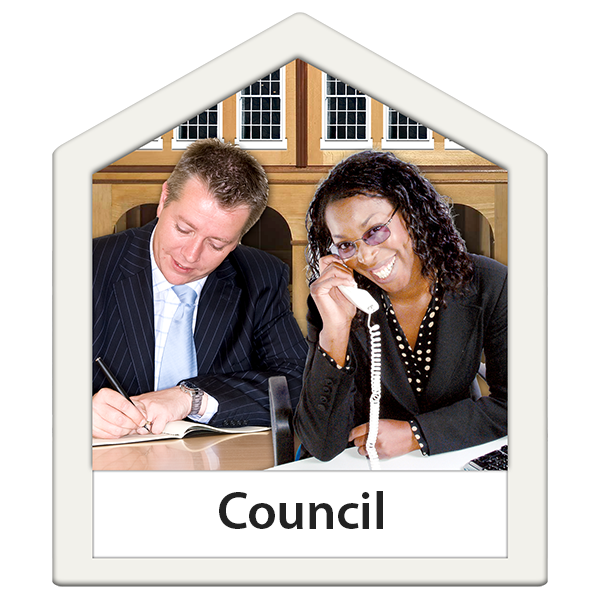 A council is also called a local authority. They are a group of people who make decisions about some of the things in the area where you live. These include: schools,
social care
A council is also called a local authority. They are a group of people who make decisions about some of the things in the area where you live. These include: schools,
social care
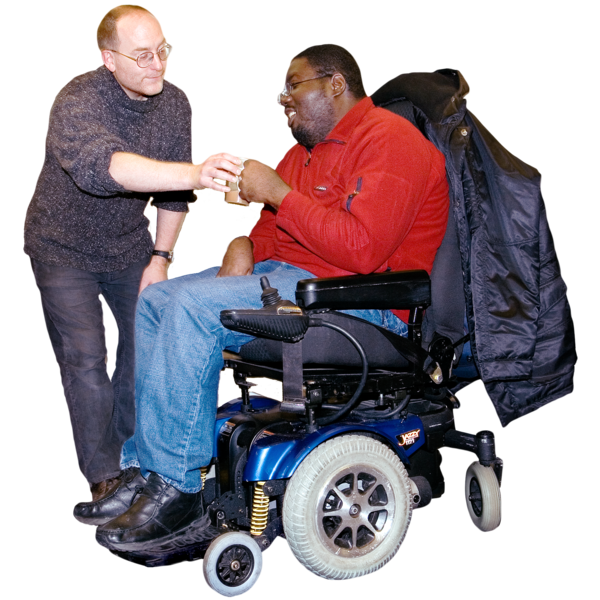 Social care means the services that give care and support to people who need it.
(support for people), parks and dustbin collection.
. They are a group of people who make decisions about some of the things in the area where you live like schools, social care (support for people), parks and dustbin collection.
.
Social care means the services that give care and support to people who need it.
(support for people), parks and dustbin collection.
. They are a group of people who make decisions about some of the things in the area where you live like schools, social care (support for people), parks and dustbin collection.
.
Learn about EHC plans
Watch Ryan Westwell, public
law
 Laws are the rules that everyone in the country has to follow. If you don't follow the rules you can get in trouble with the police.
and
human rights
Laws are the rules that everyone in the country has to follow. If you don't follow the rules you can get in trouble with the police.
and
human rights
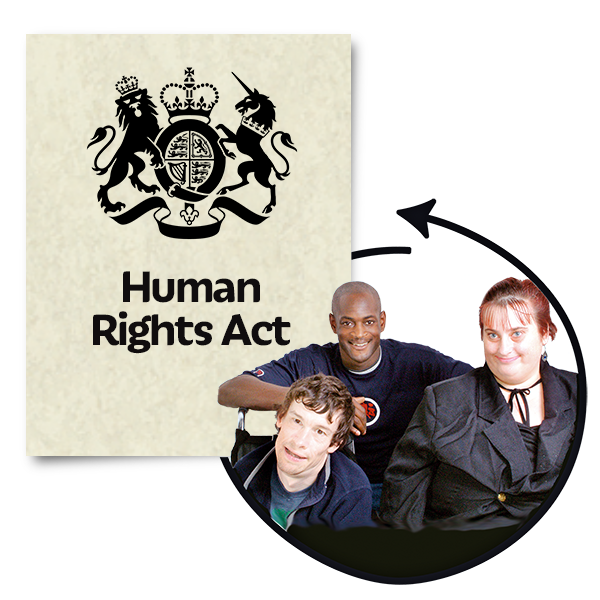 Human
rights
Human
rights
 Rights are the things everyone should be allowed to do like have a say, or go to school.
are the rights that everyone has. These include the right to go to school and the right to start a family.
lawyer at Irwin Mitchell explain more about what an Education, Health and Care Plan is, who can get one, and how.
Rights are the things everyone should be allowed to do like have a say, or go to school.
are the rights that everyone has. These include the right to go to school and the right to start a family.
lawyer at Irwin Mitchell explain more about what an Education, Health and Care Plan is, who can get one, and how.
An EHC plan sets out what help a child or young person needs while they're at school. This is known as a special educational need. An EHC plan also outlines any special educational provision that child might receive. Your local authority will need to assess your child to decide whether they need an EHC plan.
Education, health and care assessments
If a child or young person has a learning disability which is holding them back at school or college, and their parents (or the young person themselves) believe that the school or college cannot give them the help and support they need, a request should be made to the local authority for an EHC needs
assessment
 An assessment is a way of finding out what help a person needs. When you have an assessment, you might have to go to a meeting or fill in a form.
.
An assessment is a way of finding out what help a person needs. When you have an assessment, you might have to go to a meeting or fill in a form.
.
A parent, a young person over the age of 16, or a person acting on behalf of a setting (like a school, college or training facility) can request an assessment.
If a local authority is requested to carry out an EHC needs assessment by a parent, young person, school or college, they must consider:
- whether the child or young person has or may have special educational needs (SEN); and
- whether they may need special educational provision to be made through an EHC plan.
If the answer to both of these questions is yes, they must carry out an EHC needs assessment under the Children and Families Act 2014 (section 36(8)).
Anyone else could notify a local authority that an EHC assessment might be needed. The local authority will then decide whether an EHC assessment is necessary.
The local authority will gather information about your child from a variety of sources, including you and your child. They will look at any:
- evidence of the child or young person’s academic attainment (or developmental milestones in younger children) and rate of progress
- information about the nature, extent and context of the child or young person’s special educational needs
- evidence of the action already taken by the school or other setting
- evidence that where progress has been made, it has only been as the result of much additional intervention and support over and above that which is usually provided
- evidence of the child or young person’s physical, emotional and social development and health needs, drawing on relevant evidence from clinicians and other health professionals and what has been done to meet these by other agencies.
An EHC assessment will not always lead to an EHC plan. The local authority may decide that the school, college or other setting can meet your child’s needs with the resources they have, and that there is no need for an EHC plan.
Frequently Asked Questions:
When can I request an education, health and care (EHC) needs assessment?
You can do this at any time.
You can only ask for an EHC needs assessment if the child or young person has, or may have, SEN – it does not apply where there are only health or social care needs. Remember that under the law, a child has SEN if they have a learning disability which calls for special educational provision.
For children under 16, the parent makes the request. This includes children from age 0 to 5, where parents should make a request if they believe that the child will need extra help at nursery or when they start school.
In the case of a young person (over 16 and up to 25), they can make the request themselves. If the young person is not able to understand, remember or communicate decisions about the educational support they need, their parent or carer can make the request on a young person’s behalf.
Should I speak to the school or college first?
It can help to speak to the school or college about any concerns or worries you might have before writing to the local authority. You should speak to the relevant teachers, the school special educational needs coordinator (sometimes called a SENCO) or the person who is responsible for SEN provision, and the head teacher or the principal.
How should I make the request?
You should make a request in writing and keep a copy of your letter. Your should explain why you believe your child has or may have special educational needs, and why you believe they may need special educational provision to be made through an EHC Plan.
Who should I write to?
You should write to the local authority where you live - even if your child goes to school in a different local authority. You can find details of your local authority online.
Their
website
 A website is a page you can go to on the internet like Google or YouTube.
should give you details on how to make a reuest. If it is not clear, you should write to the most senior person at the local authority, usually the Director of Education or Head of Children’s Services. You can find out the name and contact details of the most senior officer on the local authority's website, by calling the local authority, or by asking at your child's school or college.
A website is a page you can go to on the internet like Google or YouTube.
should give you details on how to make a reuest. If it is not clear, you should write to the most senior person at the local authority, usually the Director of Education or Head of Children’s Services. You can find out the name and contact details of the most senior officer on the local authority's website, by calling the local authority, or by asking at your child's school or college.
When should I hear back?
The local authority must reply to you within six weeks (this is required by regulation 4(1) of the Special Educational Needs and Disability Regulations 2014). They should always reply to you as a parent or young person – even where the request was made by the school or college.
What will the local authority's response say?
If the they agree to carry out an assessment, various people will need to be approached for advice.
If they refuse to carry out an assessment, you have the right to
appeal
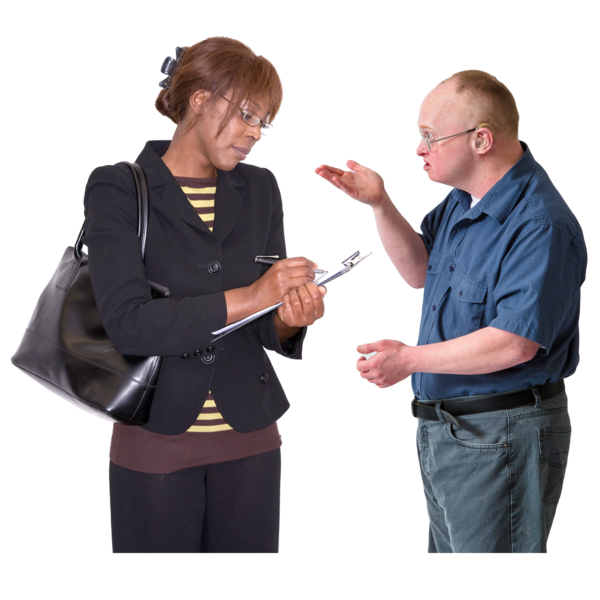 To appeal means saying you want someone to think about a decision again.
against this decision. The letter should explain that there is a right to appeal to the First-tier Tribunal (Special Educational Needs and Disability), and should provide details of a mediation service to contact.
To appeal means saying you want someone to think about a decision again.
against this decision. The letter should explain that there is a right to appeal to the First-tier Tribunal (Special Educational Needs and Disability), and should provide details of a mediation service to contact.
Education, health and care plans
If the EHC assessment shows that your child needs an EHC plan, your local authority will start drawing one up. This will involve looking at:
- your child’s needs
- the outcomes that the local authority and you and your child want to work towards
- the support required to help achieve those outcomes.
Your child has a right to receive the support that is listed in their EHC plan.
In addition, the plan will state which nursery, school or college your child will go to. This should be decided by your family and agreed to by the nursery, school or college.
If you don’t request a specific educational setting, your local authority will choose one. The assumption will be that this is a mainstream setting, rather than a special setting for children with disabilities.
The whole process, from requesting an EHC assessment to getting an EHC plan, should take no longer than 20 weeks. If you want to, you can ask for some of the support in the EHC plan to be bought as part of your child’s personal
budget
 A budget is a plan where you look at how much money you have and how you will spend it.
.
A budget is a plan where you look at how much money you have and how you will spend it.
.
EHC plans should be reviewed at least once a year. If your child’s needs change substantially, the plan may need to be reassessed.
The Learning Disability Helpline is our free help and advice line.
Our team can offer advice, information and discuss what support Mencap can offer tailored to your needs, in your area.
Ask us a question
If your question isn't answered here, please ask us using this online form and we'll get back to you as soon as we can. We want to make this information as useful as it can be.
Or you can call our the Learning Disability Helpline, a free advice and help line, on 0808 808 1111 - our friendly advisers will answer your question and improve our information here too.
